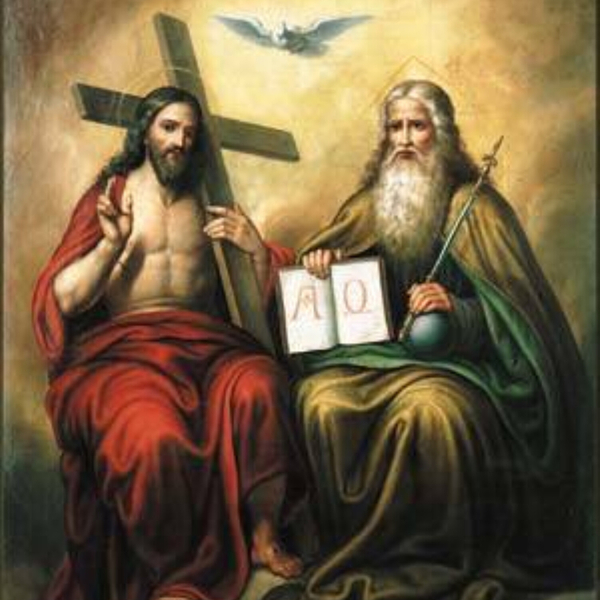
Tuesday, June 30
No one likes to go to court. An accused person sits anxiously awaiting the pronouncement of the judge. What the judge decides may determine the person’s fate for the rest of his life.
Though Jesus wants us to call God, “Our Father,” and though we experience Him as one compassionate and slow to anger, God is also judge. There are moments in which he sits at the judge’s bench and pronounces sentence. As Catholics, we believe in both a particular judgment at the end of our lives and the general judgment at the end of time.
There are moments in history when God steps into a situation as judge. We read about one of these moments today—a pronouncement of God given through the prophet Amos (Amos 3:1-8, 4:11-12).
“Hear this word, O children of Israel, that the Lord pronounces over you, over the whole family that I brought up from the land of Egypt.”
What does the judge say?
“You alone have I favored, more than all the families of the earth; therefore I will punish you for all you crimes.”
He begins by reminding Israel that they were the most blessed people on earth. He centered his entire plan for salvation in them. God lavished his love on this people, and through them he planned to bring his Son upon this earth. And, yet, this most gifted of people turned their backs on God. They reveled in the idolatrous behavior that they learned from their neighbors; they were adulterers. As a result, they deserved punishment more than all other peoples.
“If evil befalls a city, has not the Lord caused it? Indeed, the Lord God does nothing without revealing his plan to his servants, the prophets.”
God did not bring judgment quickly upon the people. He spoke to them persistently through the prophets. He called them to repentance. What happened to them was no surprise, nor to be regarded as an accidental turn of events in history. God is in charge of history.
“I brought upon you such upheaval as when God overthrew Sodom and Gomorrah…Yet you returned not to me.”
Chastisements sent their way did not cause Israel to repent.
“So now I will deal with you in my own way, O Israel!…prepare to meet your God, O Israel.”
The judge had made his pronouncement. His gavel sounded. Israel was delivered into the hands of Assyria and destroyed as a nation.
We wonder how this Word of Amos applies to the Church today. We indeed have been richly favored. We are given the Body and Blood of the risen Jesus every day as food; we have the fullness of Church teaching available in our tradition; we have the rich history of saints and martyrs who gave their lives for our faith. Thus gifted, what return are we making to the Lord? How quick are we to repent from times we drifted into attitudes and practices of non-believers?
What is God speaking to us through his prophets today? What kind of pronouncement is he making?
In times of difficulty such as we are experiencing today, do we turn to Jesus or do we get entangled in political discussions, thinking that the solution to what ails our world today is a political one. How are responding to God’s prophetic Word?
When the Apostles were in trouble at sea, they turned to Jesus (Matthew 8:23-27) praying:
“Lord save us! We are perishing!”
Let this be our habit. In all troubles, let us go straight to Jesus and hear him say:
“Why are you terrified, O you of little faith?”
